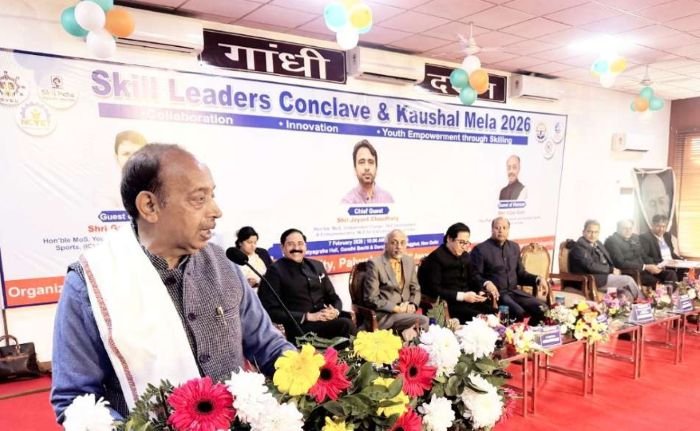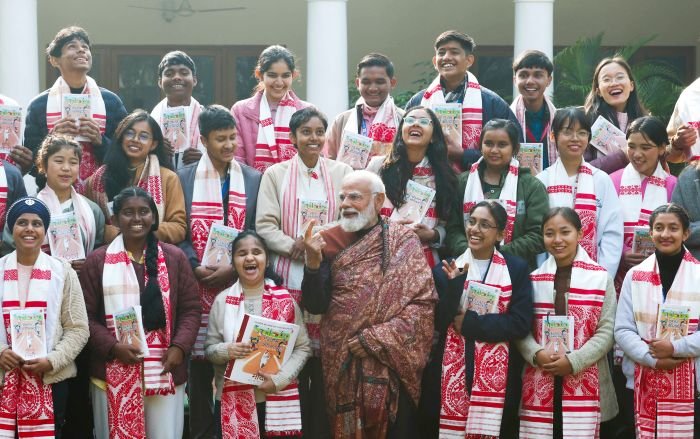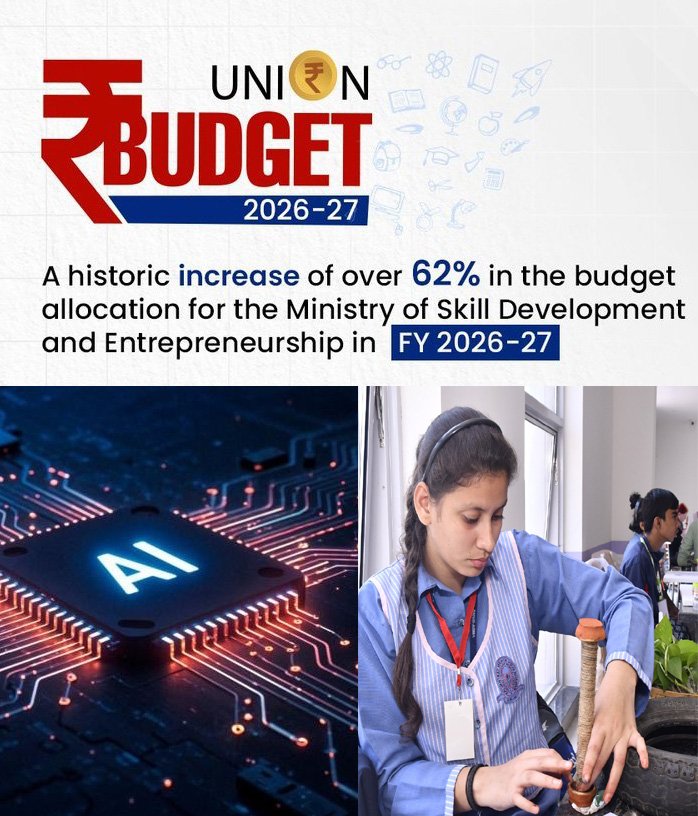The Union Cabinet yesterday approved the merger of the existing regulatory institutions in the skills space – National Council for Vocational Training (NCVT) and the National Skill Development Agency (NSDA) into the National Council for Vocational Education and Training (NCVET). The existing infrastructure and resources will be utilized for the most part.
NCVET will regulate the functioning of entities engaged in vocational education and training, both long-term and short-term and establish minimum standards for functioning of such entities. The primary functions of NCVET will include recognition and regulation of awarding bodies, assessment bodies and skill related information providers; approval of qualifications developed by awarding bodies and Sector Skill Councils (SSCs); indirect regulation of vocational training institutes through awarding bodies and assessment agencies; research and information dissemination; grievance redressal.
The Council would be headed by a Chairperson and will have Executive and Non-Executive Members. In addition, a few more posts will be created for its smooth functioning. The regulator will follow the best practices of regulatory processes, which will help ensure that it performs its functions professionally and as per the applicable laws.
As per a statement from the union skills ministry, this institutional reform will lead to improvement in quality and market relevance of skill development programs lending credibility to vocational education and training encouraging greater private investment and employer participation in the skills space. This in turn will help achieve the twin objectives of enhancing aspirational value of vocational education and of increasing skilled manpower furthering the Prime Minister’s agenda of making India the skill capital of the world.
“Being a regulator of India’s skill ecosystem, NCVET will have a positive impact on each individual who is a part of vocational education and training in the country. The idea of skill-based education will be seen in a more inspirational manner which would further encourage students to apply for skill-based educational courses. This is also expected to facilitate the ease of doing business by providing a steady supply of skilled workforce to the industry and services,” it added.







